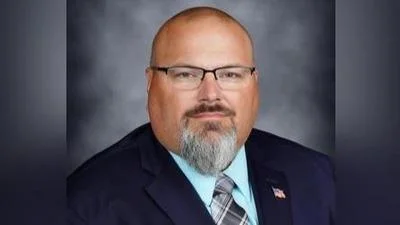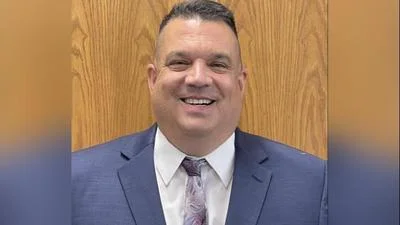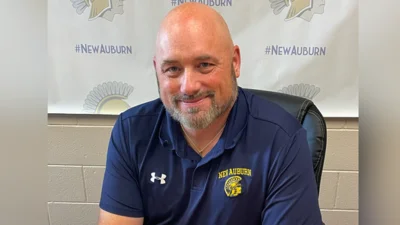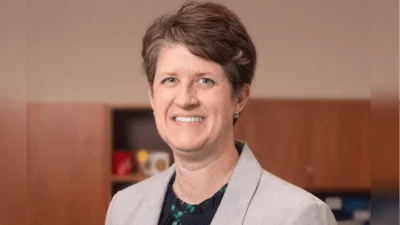The University of Wisconsin-Superior has recently been named a member of the Age-Friendly University (AFU) Global Network led by Dublin City University and endorsed by the Academy for Gerontology in Higher Education (AGHE).
"Becoming part of the Age-Friendly University Global Network is important to UW-Superior’s Center for Continuing Education as our mission is to serve the educational needs of all lifelong learners in our community,” said Kathryn Guimond, director of the Center for Continuing Education. “As our demographics shift to include more older adults, we have worked to expand our programming to include offerings geared toward those over 55 years of age and we believe this designation will support a more visible model of lifelong learning campus wide. Embracing age-friendliness aligns with UW-Superior’s commitment to inclusion already encompassed within our Forward Superior strategic plan. Our hope is that people of all ages, from our young members to our older adult community, will see themselves reflected at UW-Superior."
UW-Superior’s Center for Continuing Education provides educational programming both in person and online to meet the needs of lifelong learners throughout the region.
“The University of Wisconsin-Superior’s commitment to ageing reflected in its endorsement of the Ten Principles of an Age-Friendly Network brings additional strength to the network,” said Daire Keogh, president of the Age-Friendly University Global Network. “This is a rapidly growing network of 98 members currently with a shared challenge to promote an inclusive approach to healthy and active ageing through research, and enhanced learning opportunities for people across generations. It also maximizes the innovations that address issues affecting older adults.”
The Gerontological Society of America is the nation's oldest and largest interdisciplinary organization devoted to research, education, and practice in the field of aging. The principal mission of the Society – and its more than 5,500 members – is to advance the study of aging and disseminate information among scientists, decision makers, and the general public. Gerontological Society of America’s structure also includes a policy institute, the National Academy on an Aging Society.
Original source can be found here.





 Alerts Sign-up
Alerts Sign-up